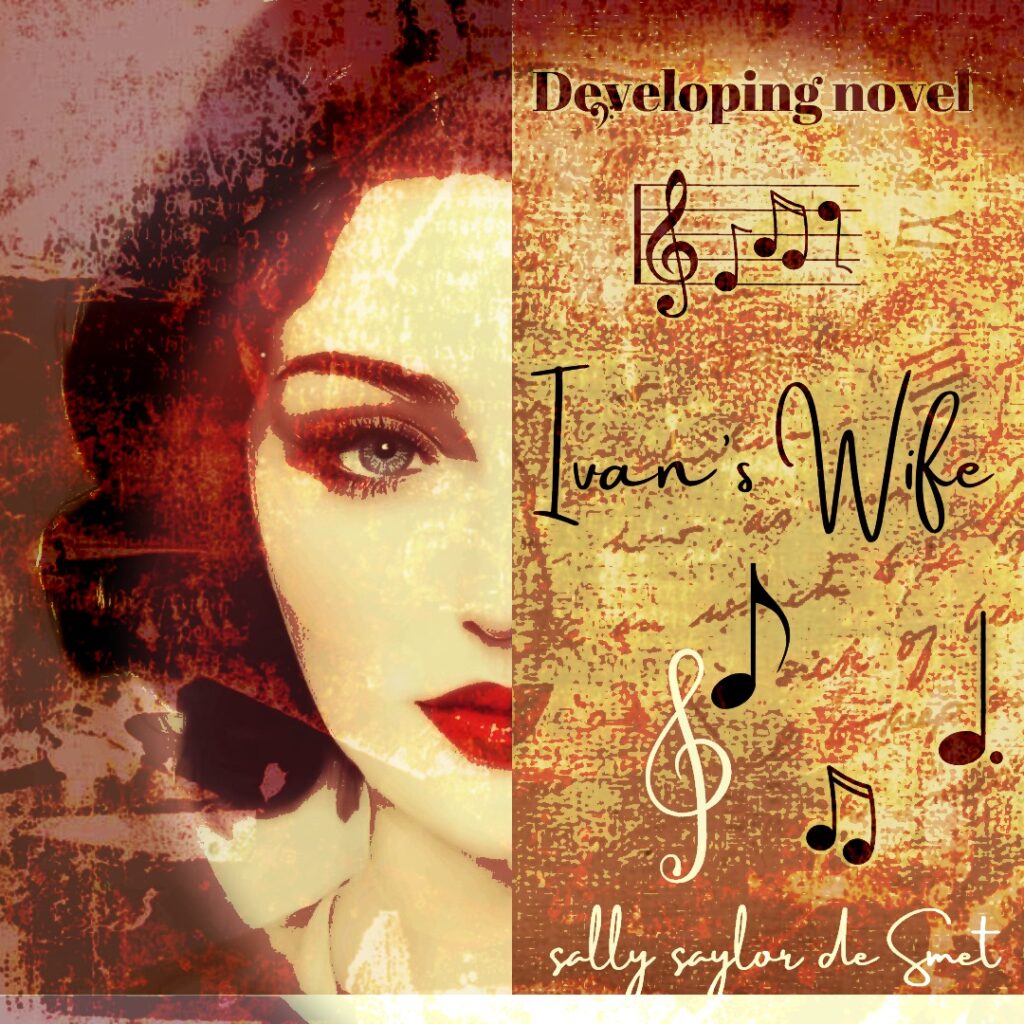Imagery

I like the way certain things hit my ear. Ivan’s Wife is finished other than a clean sweep and formatting. As a current insomniac, I found this passage in chapter 42 that made sense to me in so many ways:
My ears throbbed—a tap telling me to listen. Listen to the words. Hear the underside. Read between the notes. Hear the cadent pause. The desperate tone. The moans. Pay attention to the maudlin pleas of the violins. Feel it in your bones as you breathe the notes.
It all makes sense, at least at this late hour. Some words are deeper than others…
This passage is a first draft so not in the final but I still felt it:
I sat at the grand piano and lightly rubbed my palms together before touching the keys. Jeux d’eau expressed the natural sound of water cascading into a brook, soothing and sensual. Once I began playing, the physical world disappeared; I wandered like a shadow on the earth into the pulse and soul of the melody. Music soothed me like an enchanted nymph, fluid and effortless. No one in my family, especially my father, knew I played the piano and composed music. Not even Clarissa. For her, everything had a tangible purpose; a designer gown was meant to impress, a wad of cash bought something, and music was to attain recognition and fortune. Not for me. Sights and sounds all flowed into unique harmonies. My brain translated everything to verse and chords. Whether it was the clicking of the turn signal on my car, the roar of a jet taking flight, or the rustling of leaves on an oak tree—everything was music.


 I carefully set down my mother’s picture and listened. It had to be my imagination, like waking up in the middle of the night thinking you’d heard a suspicious noise downstairs. But, when I turned toward the door, I noticed two shadows poised like evil specters in the hallway. It was true. My sanctuary had been invaded.
I carefully set down my mother’s picture and listened. It had to be my imagination, like waking up in the middle of the night thinking you’d heard a suspicious noise downstairs. But, when I turned toward the door, I noticed two shadows poised like evil specters in the hallway. It was true. My sanctuary had been invaded. 



